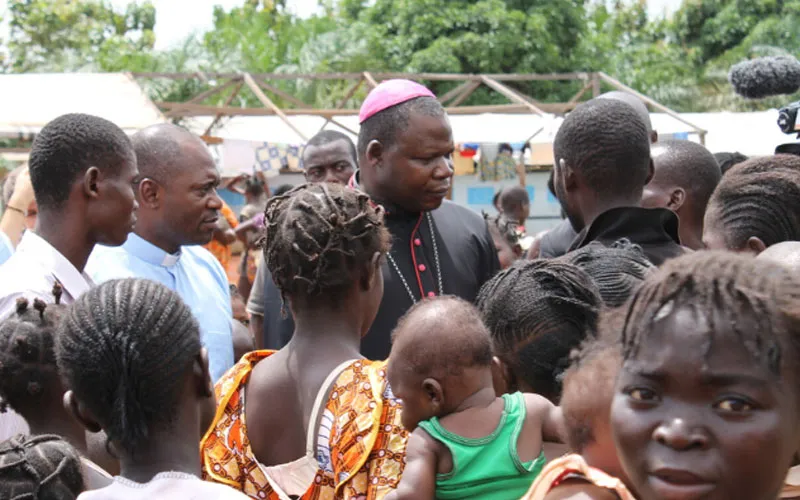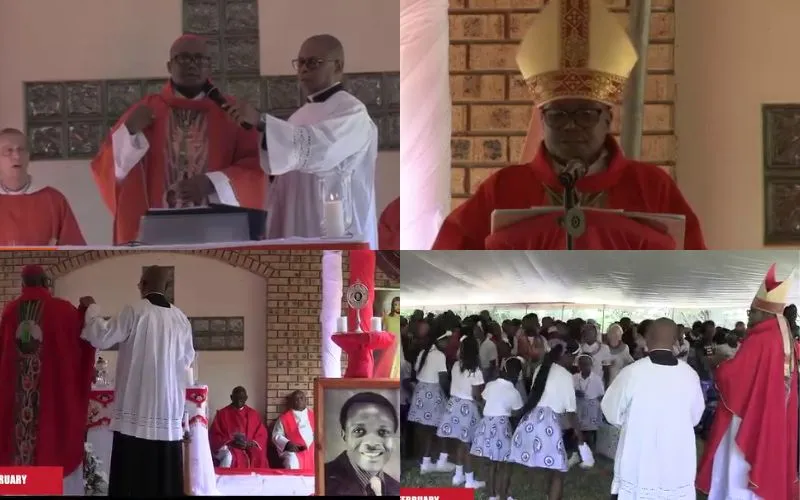Asked if inviting Priests and the Laity to go to embattled regions is not too much of a risk, the Cardinal says, “The people who live in these difficult areas need the sacraments and the fraternal witness of the universal Church. This is very important.”
The member of the Congregation of the Holy Spirit (Spiritans – CSSp.) says that sometimes, it is only the Catholic Church that is brave enough to access these hard-to-reach areas that government officials shun.
Some places, he told ACN, are inaccessible due to poor roads.
“When I was made a Cardinal, I was told, and rightly so, that I was meant to represent the whole country, and not just Bangui. This is why I go to places where high-ranking government representatives cannot go. Of course, this implies risks, even if only due to the state of our roads, some of which have not been repaired since independence,” he said.
The Catholic Church leader who first served as Apostolic Administrator of Bangui Archdiocese from May 2009 before he was Consecrated and installed for the same Metropolitan See in July 2012 continued, recalling the March 18 events, “Recently my car flipped over on one of them… But our life is a small thing when compared to the expectations of the people who are calling out for spiritual support.”
The Cardinal says that despite combined efforts by President Faustin-Archange Touadéra, Rwanda and Russia to fight violence in CAR, rebels continue to wreak havoc among communities in the country.
“The rebels continue to be present in the smaller settlements, so the people cannot travel freely, because of insecurity. They fear the roadblocks and explosive devices,” the Archbishop of Bangui says, recalling a mine explosion in which Fr. Norberto Pozzi, a 71-year-old Italian member of the Discalced Carmelite Fathers, who sustained injuries in and had his leg amputated.
“Father Norberto Pozzi, was recently struck by a mine that was set off by his car, and he was badly wounded, even though he obviously had nothing to do with the current political conflict. They had to amputate his foot,” Cardinal Nzapalainga recalls.
With the vastness of CAR, efforts to stem violence in the African nation have borne negligible fruit, the Catholic Archbishop told ACN.
“Our country is bigger than France and it is difficult for a weak administration to control. There is not really a frontline. The militias hostile to the government are spread out through the country, and difficult to pin down,” he says, adding that the fact that the political motives of the rebels are unclear, little can be done to control them.








